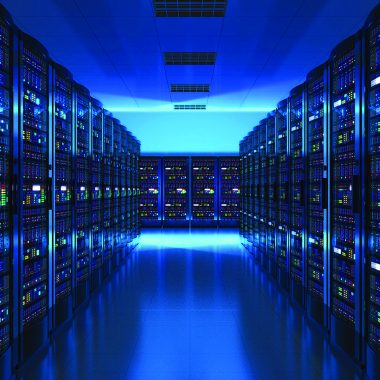Apple
For years, Google has paid Apple a lot of money to remain the default search engine on the Safari browser. In 2022, it paid Apple $20 billion for that position, recognizing Apple’s distribution power with a user base of more than two billion active devices.
OpenAI is a much smaller company than Google, and does not have the luxury of handing Apple billions of dollars. That said, an arrangement reaffirming Apple’s distribution power could materialize differently. And that it did.
Last month, Bloomberg reported that Apple was getting to integrate ChatGPT into its operating systems for free while giving its users a version of AI that it had full control over.
Apple’s new suite of AI features revealed at WWDC, dubbed Apple Intelligence, hardly relies on OpenAI’s technology. Apple’s own AI models are the driving force behind new tools aimed at helping users write texts, create original images, and more. ChatGPT is more of an add-on that Apple users can choose to give, or refuse, permission to respond to queries.
Although Apple isn’t getting direct financial benefits from OpenAI, it will hope the partnership helps trigger a massive upgrade cycle among iPhone users keen to try out Apple’s new AI features, which will only be available on the most decent devices.
Microsoft’s OpenAI deal
Microsoft’s relationship with OpenAI is seemingly more involved.
It first backed OpenAI in 2019 with a $1 billion investment, has since put billions more into the ChatGPT maker. CEO Satya Nadella has sought close ties with OpenAI — the company arguably responsible for the generative AI boom.
Microsoft’s reasons for strengthening links with OpenAI are different. Having invested billions, Nadella hopes the investment will eventually generate outsize returns for Microsoft.
OpenAI depends on Microsoft’s massive cloud division to gain access to the computing power needed to train and run its large language models (LLMs), such as the GPT-4o model revealed in May.
Microsoft
In return, Microsoft takes almost half of OpenAI’s profits, according to terms of their deal, and hopes that OpenAI can one day scale these models to a point where they create a new paradigm by achieving artificial general intelligence, or AGI.
Getting this close to the ChatGPT creator has its risks, however.
The potential for LLMs to develop into AGI is a theory that’s faced growing scrutiny among AI experts including Yann LeCun, who has argued that the technology is an “off-ramp” on the path to AI that’s as smart as humans.
Meanwhile, last month, Bloomberg reported that Microsoft’s OpenAI investment could face questions from European regulators about the impact OpenAI’s exclusive use of Microsoft cloud technology may have on the rest of the industry.
Of course, it’s not yet clear which company will find their OpenAI relationship the most lucrative.
The success of Apple’s OpenAI tie-up could come down to how many people are willing to buy new iPhones. Microsoft seems to be banking on a whole lot more.


